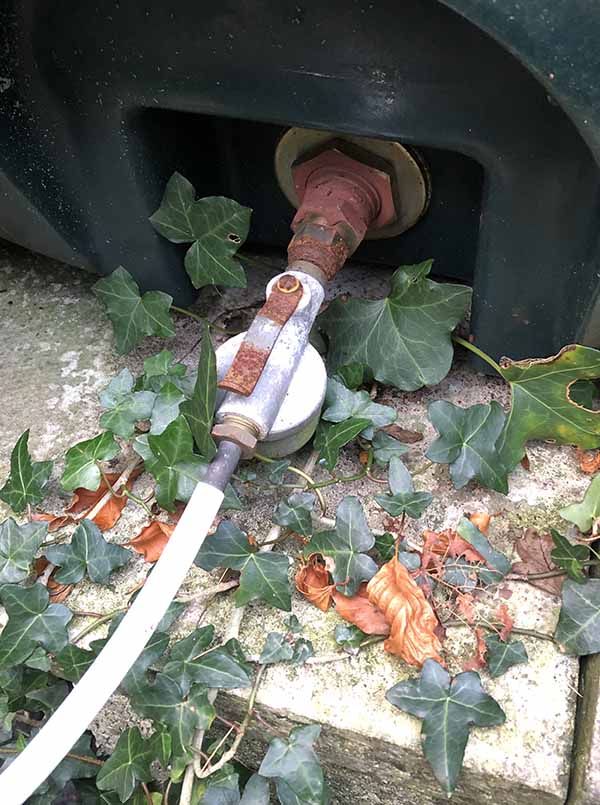NIEA urges householders to check oil tanks before winter fuel top up
Before your winter fuel top up the Northern Ireland Environment Agency (NIEA) is encouraging anyone with a domestic heating oil tank to carry out a number of simple checks to prevent leaks or spills to protect our environment and wildlife.
Dr. Deirdre Quinn, Principal Scientific Officer with the Northern Ireland Environment Agency (NIEA) said: “Many homes across Northern Ireland are heated by oil and as we head into the winter months it is important oil tanks are ready for winter fuel top ups and oil is stored safely.
“In 2022 the NIEA received 124 oil related pollution incidents. The escape of oil from tanks and underground pipes can contaminate soil, groundwater, pollute rivers and harm aquatic life and wildlife.

“Not only are you out of expense in losing the oil but clean-up costs can be expensive and many insurance companies do not cover remediation costs which can be in many thousands of pounds.
“The NIEA recommends that you take time this winter to check your tank and pipework to prevent loss or escape of oil before your winter top ups to help reduce the risk of oil loss, clean- up costs and to protect our environment.”
There are simple steps householders can take to check for and prevent leaks or spills which include
- Arranging for your tank to be inspected annually by a competent person.
- Walking around your tank and check that there are no obvious cracks, damage, whitening or deforming of plastic tanks or rusting, pitting or blistering of paint of metal tanks.
- Cleaingr back vegetation that has become overgrown around your tank and check that there are no signs of a leak from the tank or its pipework, valves and filters. Staining, dampness, odour or dieback of vegetation could be a sign of a leak.
- Checking there are no signs of cracking or subsidence on the tanks base or supports.
- Situating your tank on a firm, flat base that extends 300mm beyond the tank perimeter.
- Keeping an eye on your oil use. If you suddenly use more oil than expected, you should check your tank and pipework for leaks.
- Check how much oil is in your tank and don’t over orde
- Try to be at home when your oil is delivered to make sure your tank isn’t overfilled and you are able to act if there is a problem.
For more information on how to inspect your tank and connections check out Oil Care Campaign regular checks guide at:
http://oilcare.org.uk/look-after-your-oil/regular-tank-checks/
or on NI Direct at: https://www.nidirect.gov.uk/articles/check-your-oil-tank
If you are unfortunate to have a spill further guidance is available on both the NIEA’s oil spills at home page:
https://www.nidirect.gov.uk/articles/oil-spills-home
and Oil Care Campaign website: http://oilcare.org.uk/dealing-with-spills/.
If you wish to report an oil spill or leak that could affect rivers or coastal waters please contact the NIEA incident hotline on 0800 80 70 60
or email emergency-pollution@daera-ni.gov.uk.
More info is available at:
https://www.nidirect.gov.uk/contacts/northern-ireland-environment-agency























